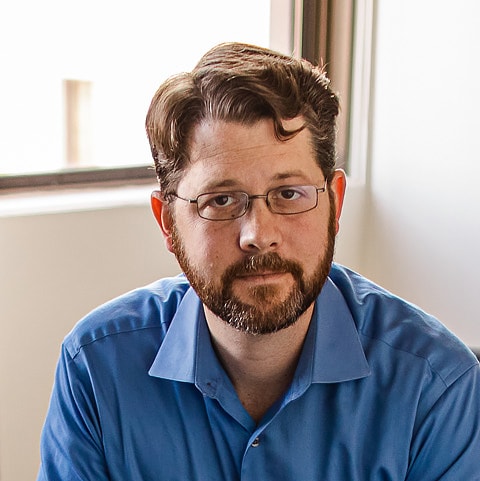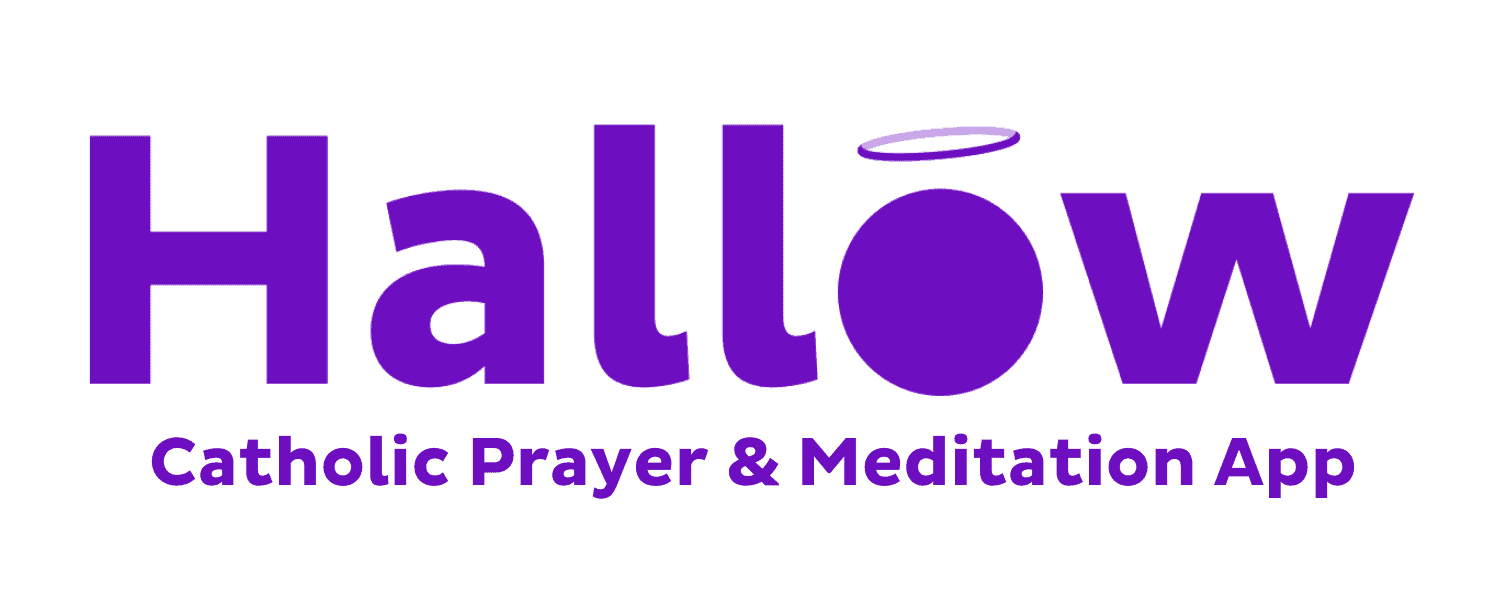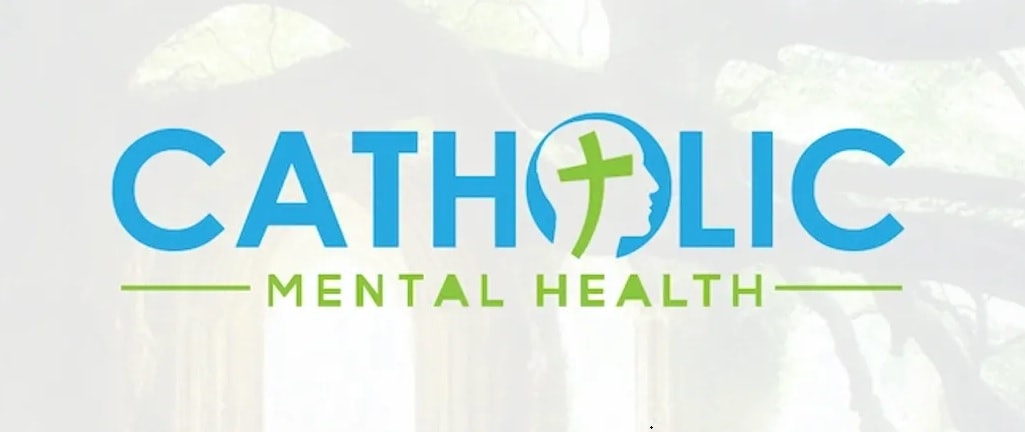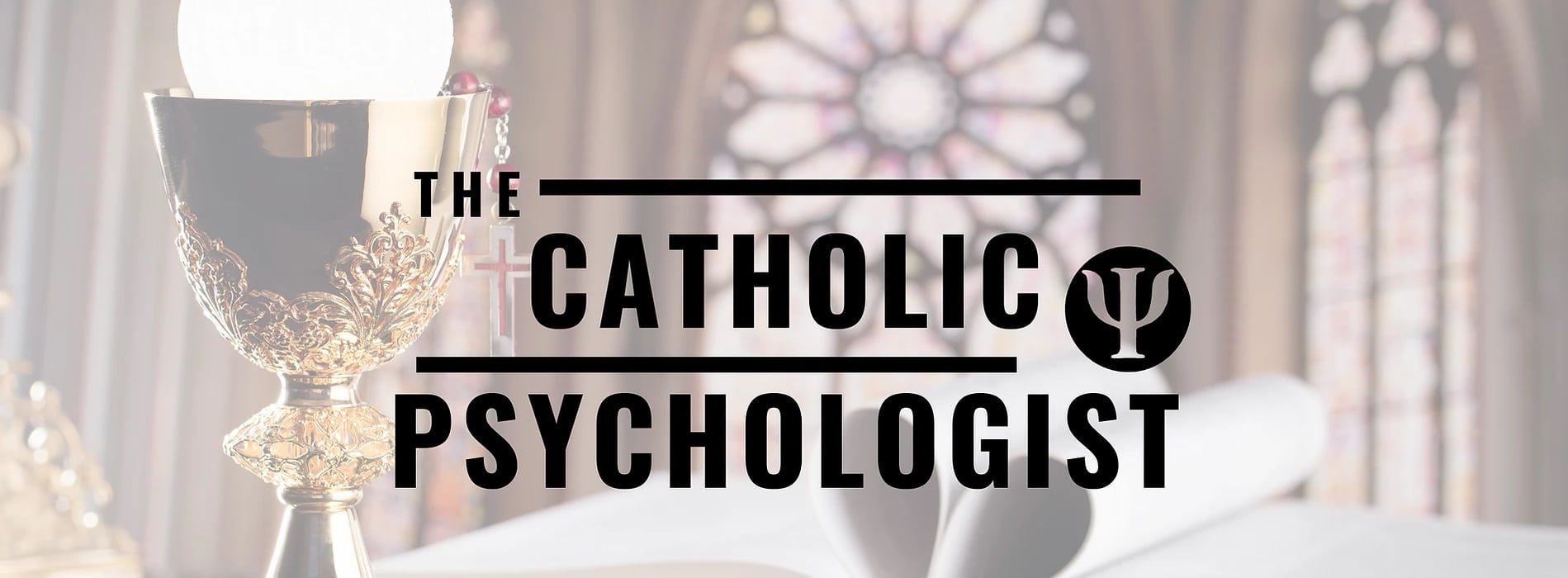The content from this event is no longer publicly available – largely because of no time to process them! We have a playlist of follow up conversations shared for free on the SmartCatholics Youtube channel.
Mental health is a bit of an elephant in the room. It is hard to find anything like this were you have so many experts sharing some advice.
Because it was Catholic, I felt comfortable participating as it was sharing our Faith perspective. We needed this encouragement and reminders especially during these times. Thank you.
My key takeaway is that no man is an island. Support is of great importance. Be especially connected with God.
The Catholic Mental Health Conference
Mental health issues don’t go away when you ignore them.
On November 21-22, 2020, the Catholic Mental Health Conference began with a range of Catholic therapists and guest speakers.
Together, we discussed and shared tools from modern psychology, and how to find mental health services as a Catholic.
Our compassionate gaze
“The Church will have to initiate everyone – priests, religious and laity – into this “art of accompaniment” which teaches us to remove our sandals before the sacred ground of the other (cf. Ex 3:5).
“The pace of this accompaniment must be steady and reassuring, reflecting our closeness and our compassionate gaze which also heals, liberates and encourages growth in the Christian life.”
Pope Francis, Pope Francis, Evangelii Gaudium, no.169, November 23, 2013.


Welcome Letter from Daniel Johnson
Modern psychology can help Faithful Catholics live happier, more exciting lives – immediately!
Most of us don’t know what to make of modern psychology. We feel leery about the whole thing. And yet, mental health is a massive concern.
Perhaps your family, or someone you know, struggles with a serious mental health issue. Some of us tell them to ‘offer it up’. This creates frustration and anger. A lot of Catholics feel helpless and abandoned. They have no resources to make sense of their concerns.
Psychology has come a very long way from its beginnings.
And its true beginnings start deep in the desert Fathers, saints like St. Thomas Aquinas, and religious communities of the Catholic Church.
Today, Catholic Psychology is grounded in this rich heritage of the Catholic Church’s intellectual tradition. There’s still a problem. The average Catholic doesn’t have the time to become a professional in Aquinas just to stay sane and healthy.
What’s the answer? Is it going to confession more often? Or is it pushing your questions and feelings and doubts and fears into a dark corner, and telling yourself that you’re the problem? That you’re weak?
Absolutely not.
Mental health issues don’t go away when you ignore them. Confession is not the answer to every doubt and fear. Confession is a sacrament of union and forgiveness. You need to be in a healthy mental state to truly appreciate the gift of life, and friendship with Christ and others!
- What if more people got answers to their deep, burning questions?
- What if we discovered the interior peace that comes from finding peace in our minds? The kind of peace that our spiritual lives must start in.
- What if we all knew simple, practical, and Catholic-friendly tools to help you get through your day, change your attitude, and grow in joy?
- What if we took a moment to accept Christ’s love for us, and show love to ourselves, so that we can share love with others?
We believe it’s all possible. It’s all easy to access. And it’s something everything Catholic should know – your catechism, how to ride a bike, and how to nurture a healthy mental state. (Bikes are optional.)
Who are we? A community of Catholic therapists hosting the Catholic Mental Health Conference.
You’re invited! Join us, along with a community of excited, faithful Catholics looking for sanity and joy in our scrambled, modern world.
We can find it together.
Topics we will cover:
- Overcoming sexual abuse
- Using the imagination to overcome shame based trauma
- The relationship between the soul and the body
- The power of journaling
- How controlling your thoughts can influence your feelings and behavior








